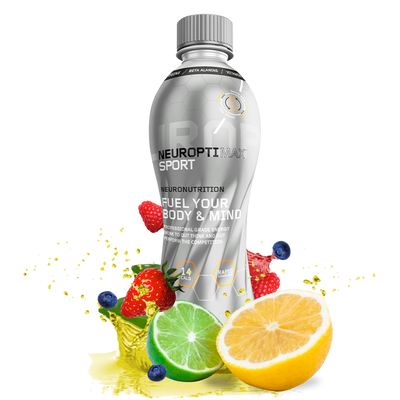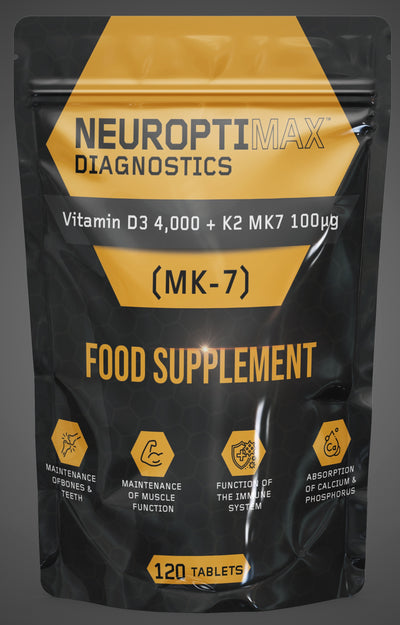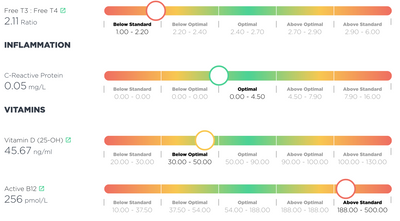
Overview
Over the past few years, the incidence of cognitive disorders skyrocketed, which is the result of several underlying causes.
Fortunately, scientists started paying more attention to this issue. This helped us come up with a list of activities that promote brain performance and prevent illnesses.
In this article, we will cover some cognition-optimizing activities to help you reach optimal brain performance.
How does nutrition help with cognition
The following foods possess potent cognition-boosting properties that improve your overall well-being:
Green tea
In a 2017 study, researchers evaluated the effects of green tea on mental performance. The results showed that green tea reduces symptoms of depression and anxiety. The authors of the study attribute the brain-boosting effects of green tea to a substance known as theanine.
Kiwi
Kiwi is extremely rich in nutrients, including vitamins C, E, and B9. These compounds reduce inflammation and oxidative stress. Furthermore, kiwi is a potent promoter of serotonin secretion, which helps with memory, happiness, and satisfaction.
Leafy-green vegetables
Leafy-green veggies regulate inflammation and oxidative stress. The main compound responsible for these effects is magnesium, which can sharpen your memory.
Creatine monohydrate
Creatine is normally found in meat and fish, but the effective doses (10-20 g per day for 4-5 days to load, and then 2-3 g per day for maintenance) are more than is found in normal foods. Creatine’s main function is to immediately supply energy to tissues with increased energy demands, such as muscle and brain. Creatine has been widely used to improve performance during anaerobic exercise. However, it appears that similar benefits to brain function and cognitive processing may also be achieved with creatine supplementation. In a recent systematic review the authors concluded there is evidence that creatine supplementation may improve short term memory and intelligence/reasoning.
It appears that creatine is most likely to exert an influence in situations whereby cognitive processes are stressed, e.g. during sleep deprivation, hypoxia, or during the performance of more complex, and thus more cognitively demanding tasks. For those of you that work in high pressured jobs or are frequently completing complex tasks on a day to day basis then creatine is a must. That’s why at Neuroptimax you’ll find it in a number of our products including Neuroptimax Pro.
Ashwagandha
Ashwagandha is an evergreen shrub found in different parts of the world, including Africa, the Middle East, and India. For hundreds of years, this plant served as a treatment for numerous medical conditions.
Additionally, ashwagandha is an essential element in the Ayurvedic medicine system.
Experts repeatedly confirmed the anxiety-reducing properties of ashwagandha. In fact, some scientists compared the effect produced by this herb to a pharmacological drug known as lorazepam (commonly used to sedate patients).
According to one study published in the Journal of Phytomedicine, researchers concluded that ashwagandha produces similar effects on anxiety as lorazepam and other sedative agents.
With all these properties, it should not come as a surprise that ashwagandha helps with cognitive function.
In several animal studies, ashwagandha improved memory and reduced the risk of cognitive decline.
Similar to other foods on our list, the effects seem to result from the antioxidative properties of ashwagandha.
In one controlled study, the intake of 500 mg of ashwagandha led to a significant improvement in reaction time and task performance.
Moreover, Ayurvedic medicine advocated for the use of ashwagandha to sharpen memory.
It is important to note that there is scarce evidence when it comes to ashwagandha and human subjects. However, the preliminary findings are very promising and warrant more research.
The relationship between exercise and brain performance
Exercising regularly is essential to improve physical and mental health. In fact, scientists consider exercise the cheapest way to prevent a wide range of disorders.
Until recently, getting enough physical activity was not an issue since most jobs required some mobility.
Today, you might spend an entire day sitting in front of the computer watching TV or playing a video game. Things are not better at work since most people have a desk job that doesn’t involve any moving around.
Due to these reasons, it is vital to stay active and set up a strict routine for workouts.
The benefits of moving your body surpass your physical health to also influence mental performance. In other words, there is a relationship between how much exercise you get and the sharpness of your mental abilities.
In a study published by the University of Stanford, scientists found that regular exercise boosts the production of a hormone known as Brain-Derivative Neurotropic Factor (BDNF), which acts as the growth factor of the central nervous system.
All in all, working out can significantly optimize concentration, memory, and attention.
The role of sleep in brain performance
Sleep disturbances (e.g., insomnia, hypersomnia) are a common cause of cognitive impairment.
In a study published by the Journal of Psychiatry and Psychiatric Disorders, scientists concluded that not sleeping enough negatively impacts brain performance.
Differently put, not getting enough sleep will alter the brain's physiological networking, making it harder for you to memorize things, think critically, or be creative.
Make sure to get 7-8 hours of sleep every night and to promote your cognition.
Takeaway message
Paying attention to your cognitive performance is absolutely fundamental for every aspect of your life.
We hope that this article managed to highlight some of the activities that boost brain performance and prevent neurodegenerative diseases.



